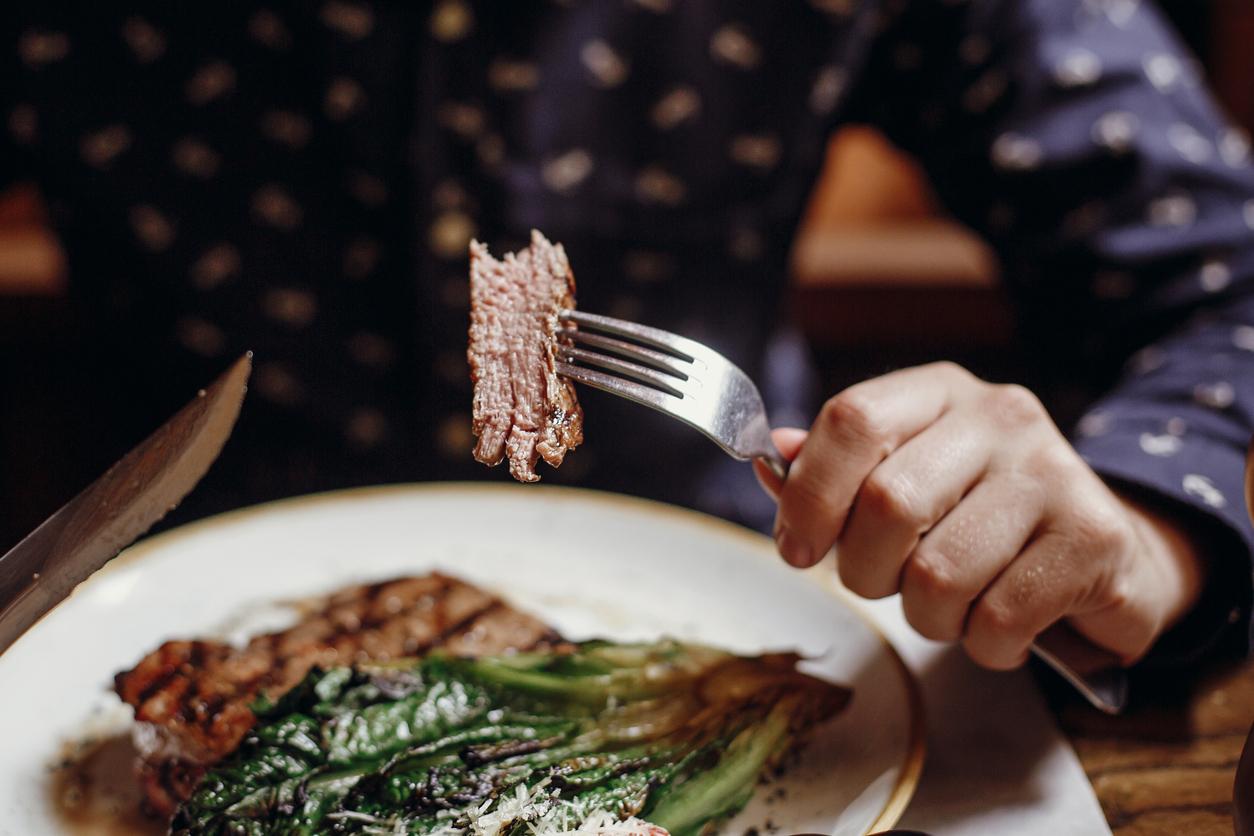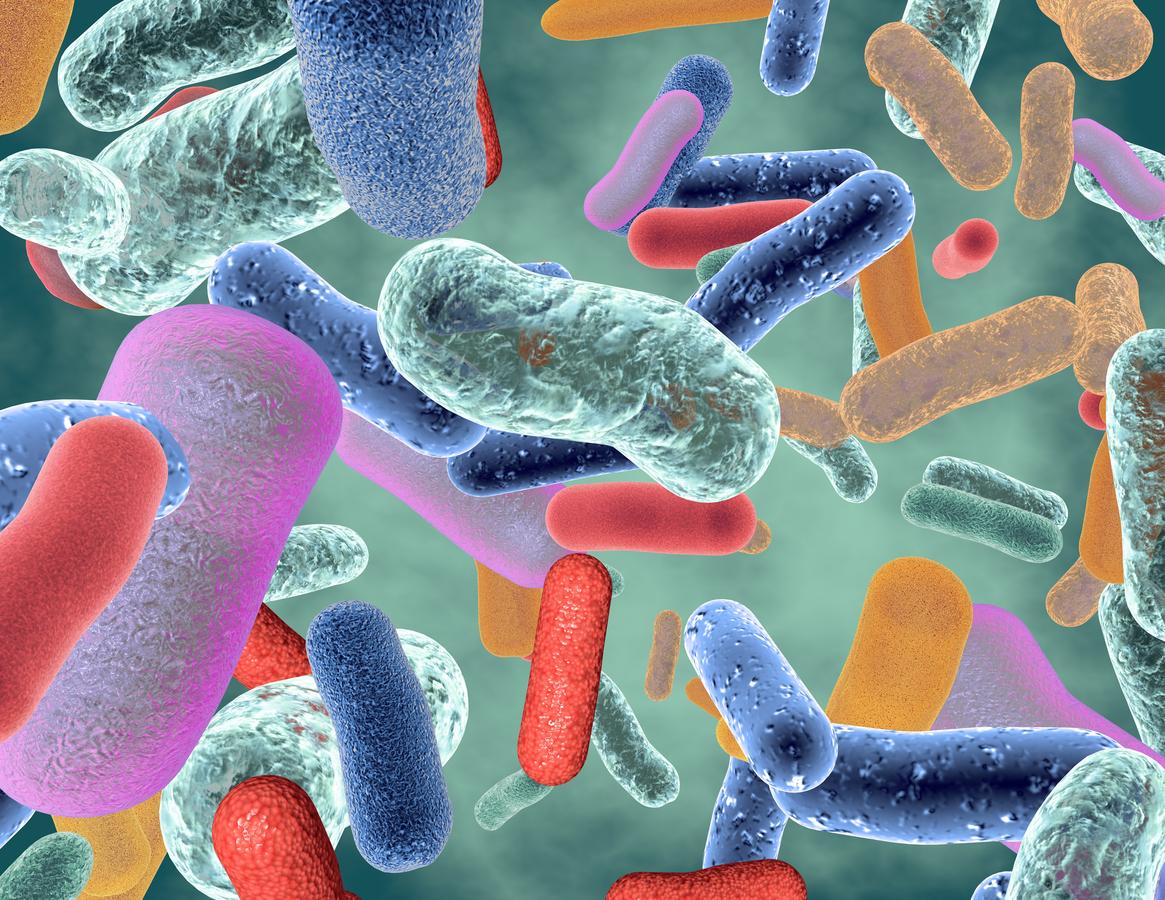To prevent recurrence of Clostridium difficile infections, colonization of the digestive tract by non-pathogenic strains is proving to be a promising avenue.

In France, the bacteria Clostridium difficile is the leading cause of nosocomial infection in hospitalized adults. Colitis caused by this bacterium would even be responsible for the death of more than 30,000 people in the United States. For most patients, the infection is treated with specific antibiotics. But in 3 out of 10 cases, the infection reappears.
This is why an American team has developed a treatment based on a non-pathogenic bacterial strain capable of reducing the resurgence of the disease. They published their work this Tuesday in the scientific journal JAMA.
Administer non-pathogenic strains
Infection with It’s hard occurs mostly in patients receiving antibiotic treatment in high doses or for long periods of time, especially in healthcare settings. The intestinal flora of these patients is then partially destroyed, which allows the bacteria to develop. The toxins produced by it cause inflammation of the colon and diarrhea which can be very intense.
In order to prevent recurrence of colitis, researchers at Loyola University in Chicago have recolonized the digestive systems of patients with strains that do not secrete toxins. These non-pathogenic bacteria were administered orally to 168 patients who had followed the antibiotic treatment. They tested several concentrations and time periods (1 or 2 weeks) to assess the most effective. These different dosages were compared to a control group to which a placebo was administered for 14 days.
Fewer recurrences
Thanks to this bacterial colonization, the recurrence of the infection with It’s hard was less in the patients who received the treatment compared to the placebo group. In fact, the resurgence of the infection was 5% with the most concentrated solution against 30% with the placebo. This means that the more colonization is important, the more the recurrence decreases.
Moreover, the treatment is better tolerated. Of the patients receiving the treatment, 46% still complained of diarrhea while they were 60% in the control group. Abdominal pain affected half as many patients thanks to the treatment.
Alternative to faecal transplantation
For the moment, researchers do not know the mechanism of action that could explain these results. They assume, however, that the non-pathogenic strain competes with the toxin-secreting strain. Occupying the same “ecological niche” in the digestive system, the harmless strain appears to be able to replace It’s hard.
The researchers point out that their sample size was small. Thus, these results will need to be confirmed in a larger study. If so, this treatment could be an attractive alternative to faecal transplantation.
This transplant of intestinal flora from a healthy individual makes it possible to reconstitute a healthy microbiota in patients. Despite its high efficiency, this method has some drawbacks such as contamination by a virus or another pathogen.
.

















